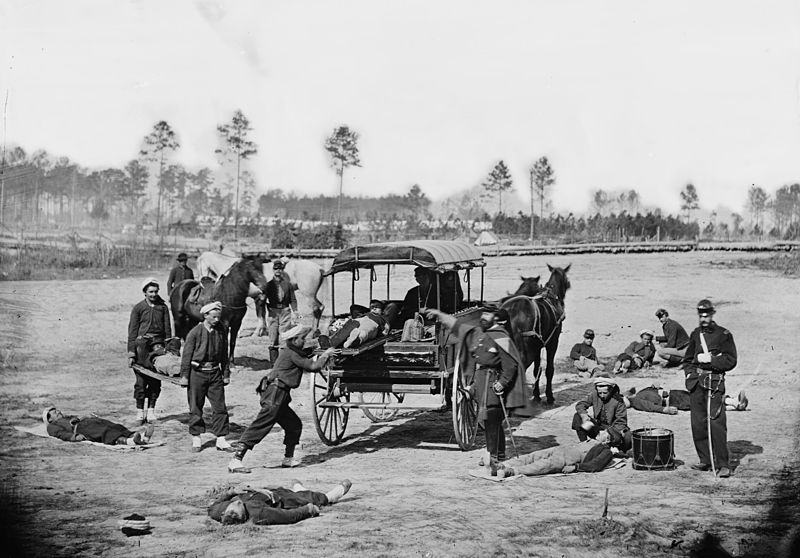First off, I'm going to throw some harsh truth in here. There are many positives, but the same amount of negatives. Also, don't be ready to get hired right out of class. It doesn't work that way. For the most part, you're only going to get hired if you have connections, or if you've been doing this forever. **YES there are exceptions to this, but this is how the game is played in my neck of the woods.
-
what is a typical work week like? Depends on if you're full or part time. Shifts are usually 12 hours long. and if you're working a PM to AM shift, many companies have policies against sleeping during your shift. And if you're in a busy enough area, getting a bathroom break is hard enough, let alone some shut eye.
-
how long are shifts? As stated above, normal shifts are 12 hours long.
-
are there short/long term risk factors of the job? Bloodborne diseases are always a risk, among other fluid transmitted diseases. There are many easy ways to protect you from these things, but sometimes it's difficult. Physical injuries are always in play, especially if you don't know how to properly lift. Long term risk factors include burnout, as well as forming a certain apathy towards real life situations. Relationships are difficult in this field as well. You need to be able to form sturdy foundations with someone who is willing to accept that you may have to leap up in the middle of dinner and run out when the tones drop, and that there's no definate way to have a solid schedual. This is especially true if you're a volunteer.
-
average pay scale/ overtime / night differential? Not sure about this one. In my area, EMTs/AEMTs get around $14/hr, while Medics make a bit more. Not sure if there's a night differential. It all matters on who you're employed through.
-
what do you do during down time ? SLEEP. lol. If you're lucky enough to have downtime, and depending on company policies, you can sleep, eat, drive around in the rig, hang around on the computer, use your phone, play a game, read, etc.
-
what are benefits of the job. You learn how to react in emergency situations. In some places, if you're lucky, you can earn a spot in a strong support system. You will never meet people like those in EMS. And, if it's for you, you'll find something that you can love day and night.
-
what are the worst parts of the job. risk for disease/injury, having a bad partner, getting burnt out, crappy pay and hours, seeing people in their worst, being in situations that put normal people through hell.
-
typical places that are hiring ? Thats really area dependent. Volunteer companies are usually always accepting applications.
-
is there a ride along program like the police ? Volunteering is always a good way to get your foot in the door, and gain invaluble experience. Also, through your class you can usually get field ride time with the local paid service. It was mandatory during my classes.
There are many pros and cons to this field. The biggest one is
this job is NOT meant for everyone. You need to be a certain kind of crazy to do this job. But there are always people that are willing to lend support and information to help you succeed.
Good luck in your travels, and we're always here to answer any questions or issues you're having.



